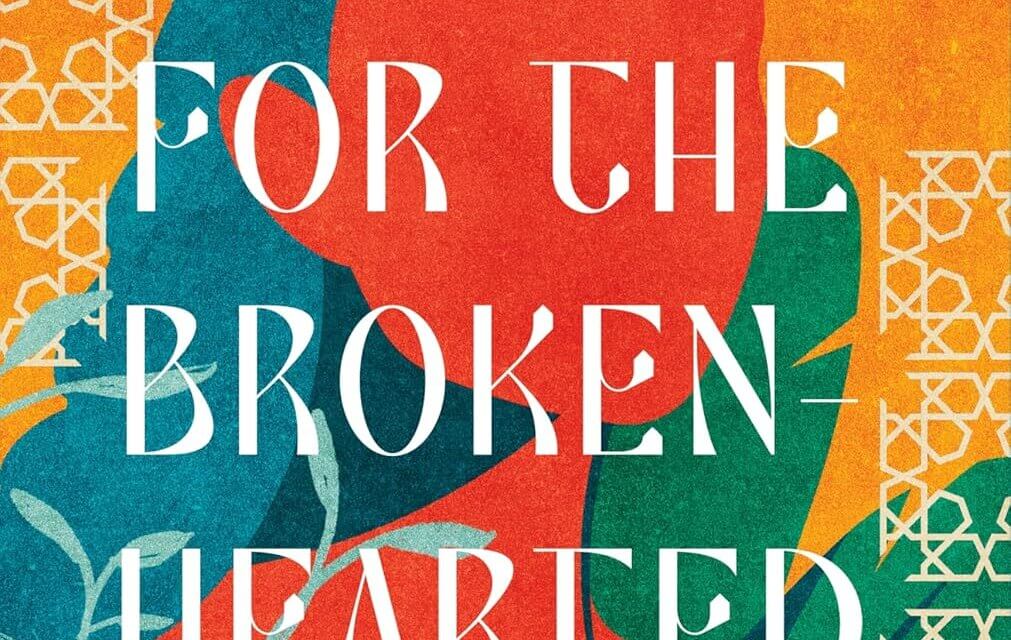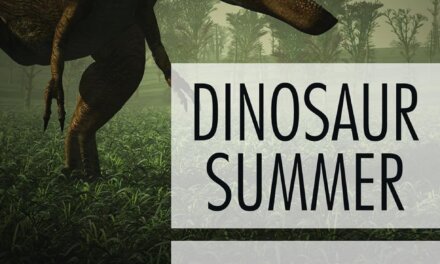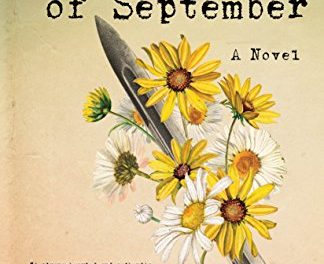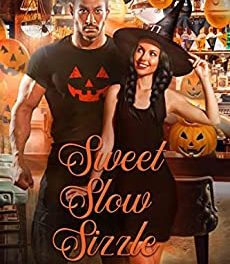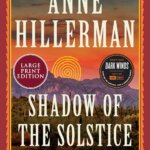Songs for the Brokenhearted by Ayelet Tsabari is a dual time-line story, one set in the 1950s and the other in 1995; both concern Yemeni Jews who have immigrated to Israel and Israeli politics during each timeframe. The novel begins in a wretched, over-crowded immigrant camp. Here, Yaqub and Saida fall in love instantly, though she is married and has a child. The lovers are parted. Saida stays with her husband while Yaqub, to avoid the consequences of falling in love with a married woman, runs away. In the camp, Saida loses her son in a heart-wrenching event: she leaves him at the hospital because he is slightly ill, and when she returns for him, he is gone. She’s told he died, but no body is ever forthcoming. Later it’s revealed that Israelis put Yemeni children up for adoption without consent because the parents were poor and illiterate and thus couldn’t possibly provide adequate care. Saida goes on to have two other children: Lizzie is an obedient daughter, and Zohara is a rebel. Eventually Zohara goes to the United States for her education but comes home when her mother dies in 1995. Zohara learns unexpected things about her mother when she cleans out her mother’s belongings.
This is a lovely story about a late coming of age, of learning about one’s self only after returning home. It’s also about discrimination and prejudice. One of my favorite quotes: “… when you experience casual racism and microaggressions so often that you can’t tell when someone is being prejudiced or if something else is going on.” Music is an underlying theme in Songs for the Brokenhearted, particularly the Yemeni women’s traditions of singing and songwriting, to show how women can communicate despite their voices being silenced by the patriarchy. Zohara’s mother, Saida, illiterate and constrained in by her community’s norms, was able to express her feelings for her true love in song.
********************
Songs for the Brokenhearted (Random House, September 10, 2024) is available through:
*******************
This post contains affiliate links to third party sites. This can help you visually identify books I recommend. If you make a purchase, I may receive a small compensation at no additional cost to you. This offsets some of the cost of maintaining this blog.
